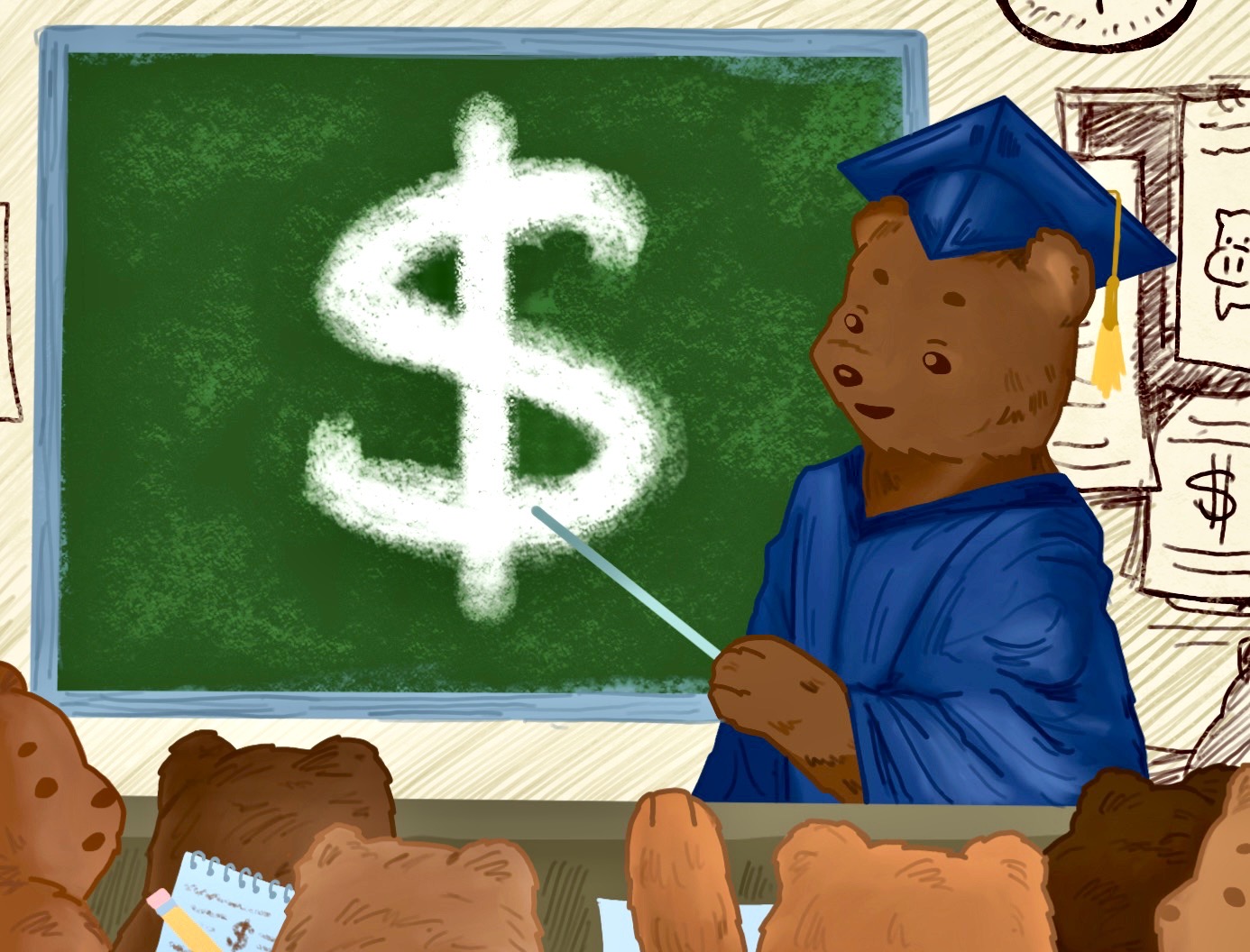Some undergraduate clubs are taking steps to equip students with essential skills in financial literacy and professional development.
Financial stressors are a primary reason why students drop out or take leave from higher education, according to an emailed statement from UCLA Financial Wellness. For some students, college may be their first introduction to conversations about financial education, which includes topics such as investing, budgeting, job searching and student loans.
The Financial Literacy Group at UCLA started as a way to bridge gaps in personal financial education topics that are not taught in high schools, said Jackson Hartz, the club’s founder. He added that financial literacy is important to undergraduate students because it creates advantages in making and saving money for retirement.
“Getting an idea of what you should be thinking about at our age is important,” he said. “For example, also with student loans, understanding the impact they can have years into the future, not just right now when you’re taking them out.”
FLG teaches members about topics such as investing, budgeting and job searching tools, fourth-year economics student Hartz said, adding that club members then give presentations about these topics in high schools across Los Angeles and at UCLA.
He said FLG did their first presentation, about checking and savings accounts, last quarter at Nava College Preparatory Academy in Compton.
“When you think of personal finance, it can be complex at times, but when it really comes down to it, the topics themselves aren’t that difficult,” Hartz said. “We try to simplify it down into what you need to know.”
Julia Frantz, a second-year economics student and co-president of Bruin Women in Business, said she thinks accessible financial literacy and professional development resources are important because many of UCLA’s business clubs have competitive and high-pressure environments.
“Professional development resources are important to help people find their path and develop those interests in terms of careers and prepare them for that next step,” she said. “Providing those resources and being an open membership club is definitely important to offer to students.”
Jamie Woo, the co-president of BWIB, added that since the business field is male-dominated, the organization plays an important role in promoting accessibility.
The Undergraduate Business Society also contributes to providing accessible resources for aspiring professionals. UBS teaches a workshop every winter quarter, which culminates in teaching participants how to build a discounted cash flow model, said Garrett Roach, the group’s co-director of financial services.
“This is a really great opportunity for students to gain the experience and exposure they need to pursue the careers that they want,” said Mia Dalbotten, a first-year business economics student who participated in the workshop.
The UCLA Career Center hosts professional development workshops that aim to increase students’ marketability and employability, according to an emailed statement from the Career Center. Through Employer Resume Days, which are offered at the beginning of every quarter, students can receive resume feedback from employers, according to the statement.
However, Hartz said many students are unaware of the resources available through UCLA Financial Wellness. Frantz added that UCLA’s large student population can make discovering and accessing resources offered by the university difficult, and responsibility often falls on students to seek out resources on their own.
“There’s definitely resources out there, but it’s up to you to seek those out and utilize them,” she said.
Woo, a second-year business economics student, said investment banking and pure finance firms don’t recruit at UCLA but rather at the University of Southern California and other large universities. She said that members of the business community wish that large finance firms would speak at UCLA and get to know the students better.
Roach, a third-year economics student, also said a common dissatisfaction among the business community on campus is that so many resources rely on student volunteers. He added that he feels he has learned some of the most important things about financial modeling beyond the classroom.
Woo said that going from high school to college can be a big transition, and resources offered by undergraduate clubs are important in providing support to students as they navigate the pre-professional scene.
“Having that support to help you, whether it’s your first time creating a resume, or you’re making a LinkedIn or looking for your first internship is really helpful,” she said.

